You probably won't finish reading this article without checking your phone. You may not even be aware of this …

Original material
As apps have 'learned' to find ways to bypass our 'defenses', smartphone addiction has grown everywhere in recent years.
Why is this important? New research shows that our 'relationships' with apps, smartphones, keep us in a state of permanent stress, which can seriously affect our social lives, anxiety levels, mental health and general well-being. The risk factor is much greater when it comes to young people.
The problem can be summarized as follows: mobile devices and applications are easily reconfigurable, but our brains are not. At this stage, technology monetization puts profit over our well-being. Scientists aren't sure if technology is affecting our brains or lowering our concentration, but more and more evidence is emerging that addictive apps are ruining our lives and even leading to depression. In an era where we close accounts at Facebook and remove the customer Instagram from the phone, people start thinking rationally about life in close contact with technology.
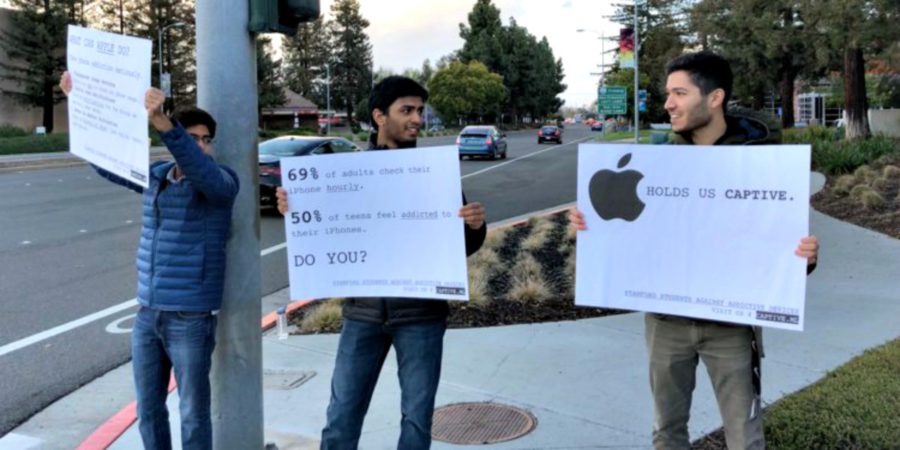
For Gen X, this is not a serious problem: they, unlike millennials, did not grow up on social media and are not completely immersed in apps, SMS and mobile games, like younger millennials and Gen Z. But for the younger inhabitants of the planet, the situation with smartphone addiction has taken a serious turn.
Side effects of saving attention
If you are distracted all day by constant notifications, notifications and prompts that require attention that now and then appear on the smartphone screen, then we are alike. Like me, the first thing you do after waking up is to pick up your smartphone, because you need to follow e-mail, SMS from friends, news and events of your friends around the world. But these pauses are superimposed on each other and do not pass without leaving a trace for our body.
From a physiological point of view, all these constant alerts and stimuli of attention 'shake up' the body, activate our hormones, activating the hit-and-run mechanism, and directly raise our heart rate. Physiological changes such as strained breathing and involuntary muscle contractions are signs of stress. That's right: the constant presence in the digital world pisses us off, and we do not yet know what the long-term consequences of this will be.
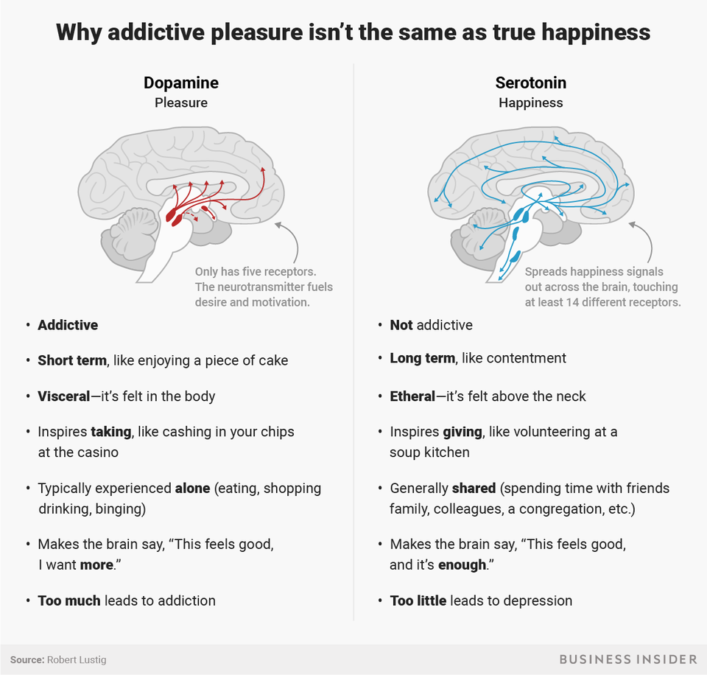
Serotonin and dopamine, features of action
The brain under the influence of applications has a difficult time: it is under the influence of large doses of dopamine and is constantly waiting for new inputs, starting a feedback loop. You are stuck, you are part of the process, you are addicted to the smartphone.
• You constantly check your smartphone
• You open many applications many times a day
• You are constantly 'on the alert' not to miss a notification or alert.
It feels like you're having a loss of profit syndrome, which is increasingly affecting your ability to concentrate.
Are the symptoms familiar? You are not alone, smartphones are doing the same to millions of users around the world. Only one person in fifty is actually capable of multitasking, so all these 'irritants' are 'stealing' time from other aspects of life – the present, the social environment, the most serious work, and so on.
Software developers and product managers are paid big bucks to make you that way. The dependence on smartphones around the world is getting stronger. Big technologies are triumphing over the convolutions of the brain.
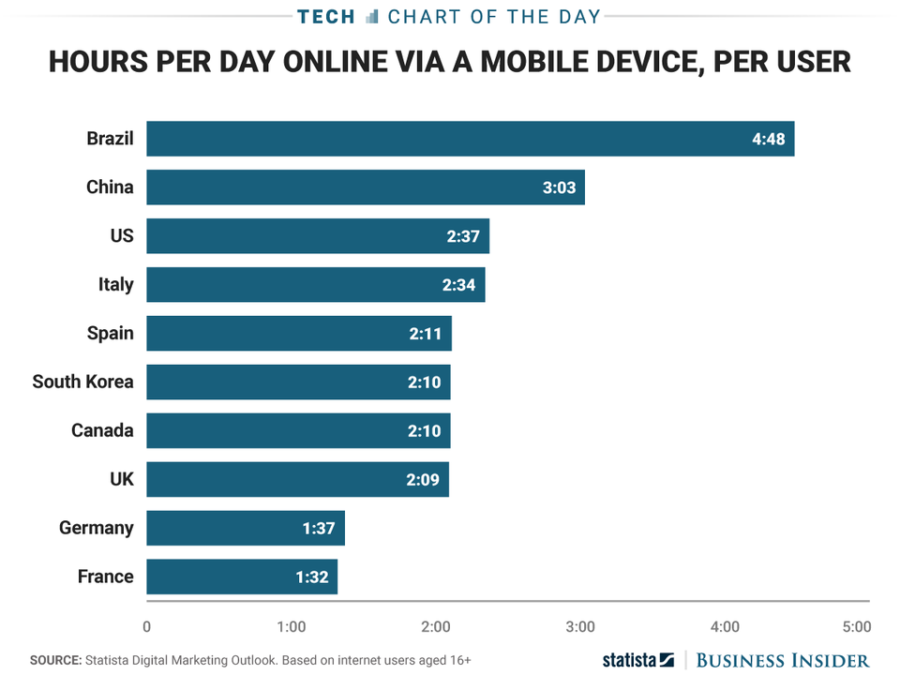
You probably won't finish reading this article without checking your phone. You may not even be aware of this.
Known facts
• 89% of today's students talk about the feeling of a 'phantom' vibration of the phone, which 'encourages' to check the received notification, which in fact is not.
• 86% of Americans admit that they constantly check their mail and accounts on social networks and this is seriously annoying.
This behavior has become so ubiquitous and pervasive in all corners of the globe that we don't even call it 'addiction'. It becomes the norm and it's scary. If this is not the beginning of a kind of technological dystopia, then I do not know what is happening. The labyrinths and digital flows in these apps have nothing to do with the reality we are used to, they contradict the balance between work and personal life, as well as real social interaction. They are addictive, but not always provide an experience that positively affects real social connections, productivity, creativity.
In such a world, we mistakenly think that social media and news feeds actually mean something in our lives.
The harm is in the cyclical nature of actions
Every time we switch from one task to another, we unconsciously inject a dose of cortisol, the stress hormone, into our brain. Apps teach us to constantly monitor notifications that fill our brains with streams of completely useless, irrelevant information that is simply not worth consuming.
According to a study by Stratista, around the world, smartphone users spend an hour a day staring at a smartphone screen, on average, and sometimes much more. In Brazil, for example, the figure is 5 hours. For Gen Z, this habit is much more destructive than for adults. Obviously, this is evidence that teens are more susceptible to apps and games 'stealing' our attention. Task switching puts the prefrontal cortex, which is responsible for intelligent and thoughtful action, to sleep and increases the level of dopamine, the substance responsible for addiction. For the most part, our addiction to smartphones, apps, and mobile and video games turns us into dopamine-hungry, pleasure-hungry drones.
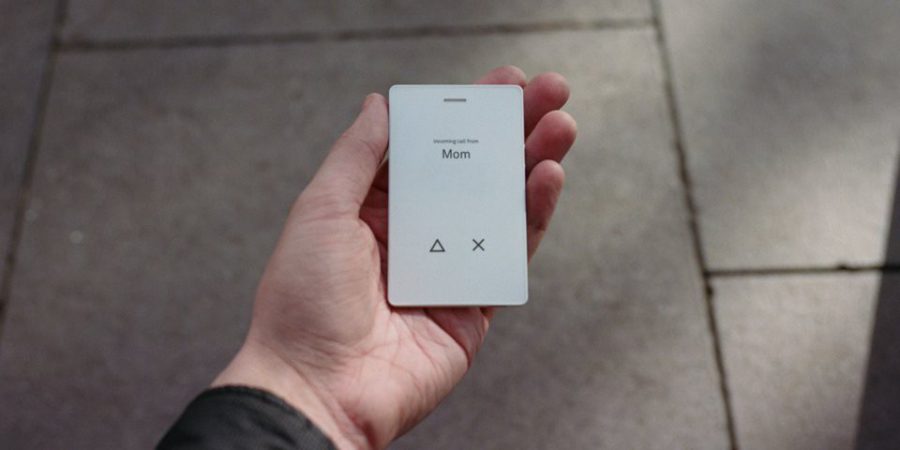
Calls and messages, nothing else.
Over time, this state of affairs in some cases can negatively affect our social life, grades and work performance, as well as affect the way we spend our free time, along the way, increasing the stress hormone and increasing the risk of obesity and depression.
Striking lack of social responsibility
Yet the companies that benefit most from smartphone addiction (Apple, Google, Facebook, Tencent, and others) never talk about a real social issue, and so do typical news and tech stories. sense. Why do you think? Saving on attention is big business. Whether you're locally Apple or Netflix, your entire business model would be built on people who depend on your services and you as the leading platform. Our brain can process a certain amount of information at a rate of 60 bits per second in a single unit of time. If we are immersed in an app or streaming a show on Netflix or Disney, then other activities dwindle. Multitasking suffers in such cases too.
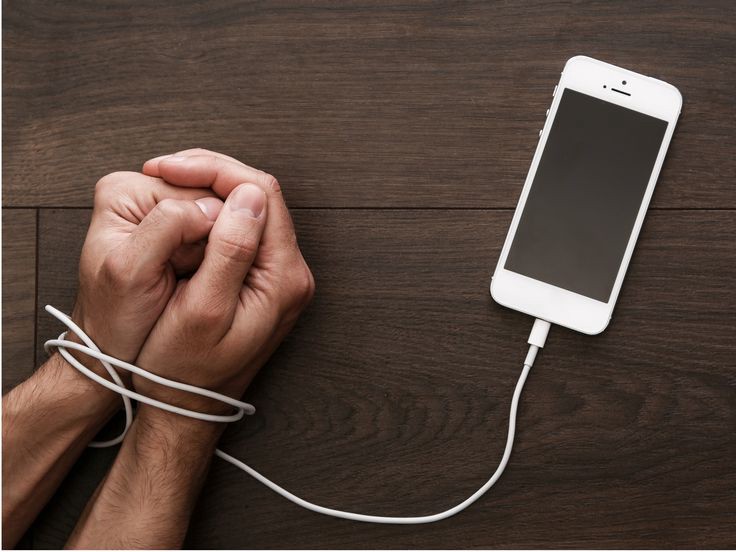
Worse, Facebook, Tinder, Snapchat and Instagram are finding ever more sophisticated ways to grab our attention. The study of addiction is deepening as managers of digital dopamine-based products look for ways to squeeze more of our attention in their favor, using feedback loops veiled under games. And their app is on the list of 5-10 apps that we 'constantly check'.
I could write about the robot apocalypse, the hype around AI, AR and other technologies from the future. But the reality is that we are already sucked too deeply into this digital dopamine funnel. Many of us will never get out of it. We surrendered to technology and convenience. And the experiment has been going on for almost ten years.
By Michael K. Spencer
Did you feel uncomfortable too? Congratulations, you are one of us (one of us, one of us). Quiet and not very glum, we found ourselves face to face with a situation when it is considered normal to be silent in the company of friends for five to ten minutes, running our fingers over the screens of smartphones and tablets. From the outside, our species has become more like a 'text-walking' person than a 'reasonable' one. You don't have to go far. Much of what the author says in his rather inconsistent, but not less truthful material, I clearly see in myself: periodic and sometimes even cyclical checking of twitter, Facebook for updates from news resources and friends / acquaintances / people I follow. On the way to work, I sometimes tear myself away from the phone only when I leave the subway onto the street, etc. I will not justify myself by professional scenarios and personal interests, I will only say that I arrange a digital detox for myself once a week for a day, it helps a little.
Returning to the topic. Recently I heard the expression 'the future is already here, it's just unevenly distributed'. So, I would like to hope that this global epidemic of the 21st century is unevenly distributed and that there are those in the 'foci of the epidemic' who consciously try not to succumb or at least minimize the negative consequences of dependence on smartphones and information bombardment of the brain.
There is something to think about.
